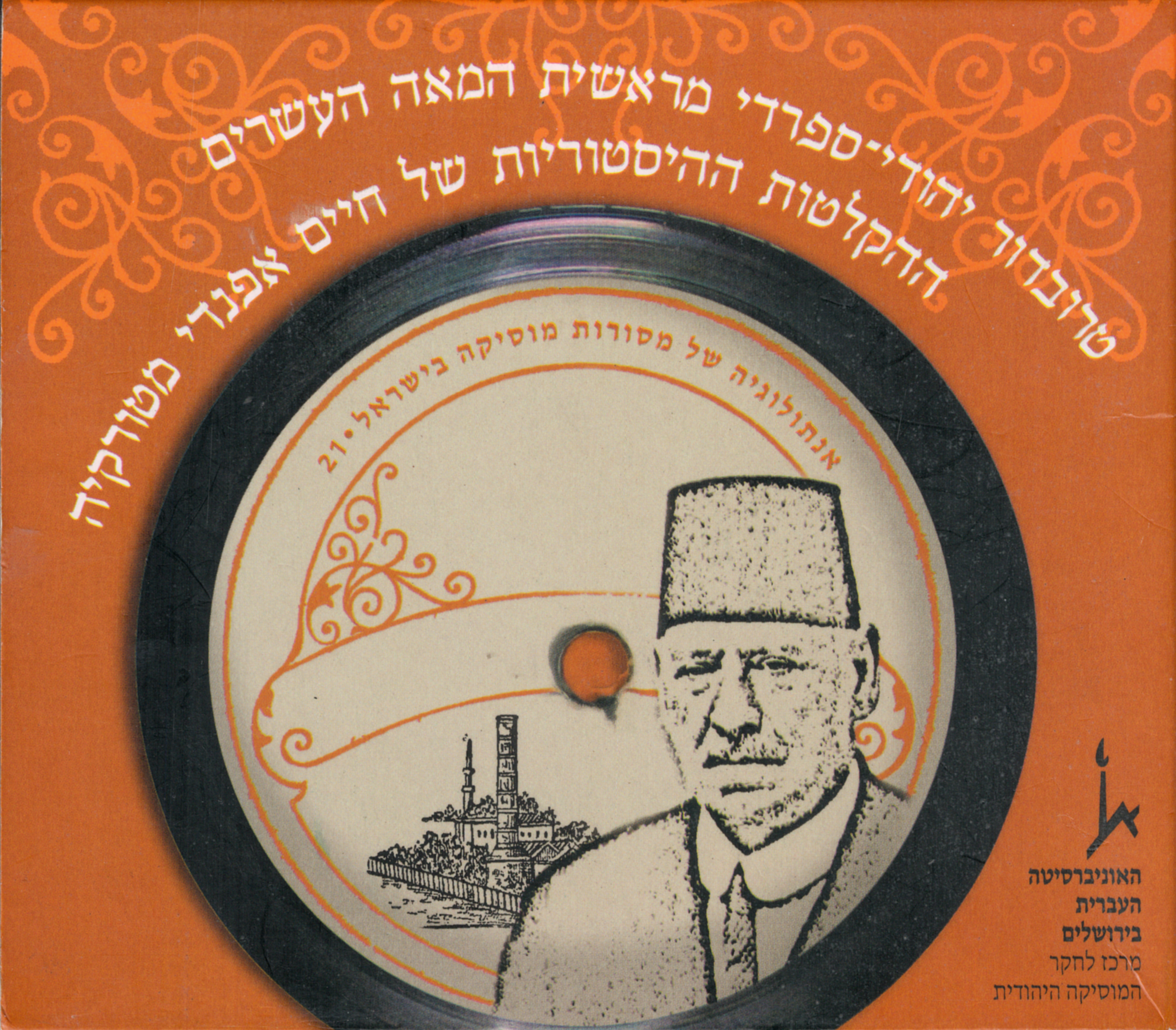Haim Effendi
Noche de Alḥad (Al Dio alto)
A paraphrase of Be-moẓa'ei yom menuḥah and Ha-mavdil, this traditional Sephardi copla for havdalah (outset of the Sabbath) was very popular throughout the Ottoman Empire, appearing in song collections from the early twentieth century, such as Sefer renanot (Jerusalem, 1908, p. 1) and El buquieto de romanzas (Istanbul, 1926, p. 2) both published by Binyamin B. Yosef. Attias (1971, pp. 127-128) uncovered the name of its author, Rabbi Abraham Toledo, who was an important Sephardi Ottoman poet active in the late seventeenth and early eighteenth centuries and is renowned for his masterpiece, Coplas de Yosef hasadic. Haim sings four stanzas with the widespread melody characterized by the melodic progression (seyir) of makam Hüseyni that was recorded by Algazi too, although Haim's version is slightly faster. Sephardi Ottoman Jews use this melody also for Lekha eli teshuqati by Abraham Ibn Ezra, a piyyut sung in Yom Kippur before Kol nidrei.
Al Dio alto con su gracia
mos mande muncha ganancia,
non veamos mal ni ancia
a nos y a todo Israel.
Bindicho el abastado
que mos dio día honrado,
cada Šabat mijurado
a nos y a todo Israel.
Rogar al Dio de contino
que siempre es en muestro tino,
no mos manque pan y vino
a nos y a todo Israel.
Vos que soš padre rahmán
mandamos al pastor ne'emán,
que mos sea un buen simán
a nos y a todo Israel.






